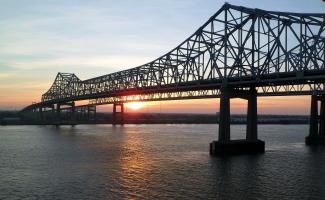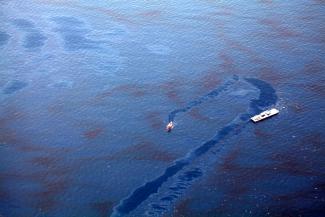The Reclamation Project: Engaging Community for 15 Years Through Participatory Eco-Art

I was introduced to mangroves early in my childhood during family trips to Bear Cut in Key Biscayne, Florida—the same plants that grew in my family’s hometown on the northern coast of Cuba. In 2003, I first used mangrove imagery in my artwork as a metaphor for the immigrant. I imagined the mangrove propagules floating along the water and setting root on a sandbar. Little by little they would grow alongside each other, capture sediment, create land, and build new habitats. Like immigrants in a community who come together to support one another, the roots of each mangrove tree come together to create a formidable structure that protects against the dangers of storm surge.








